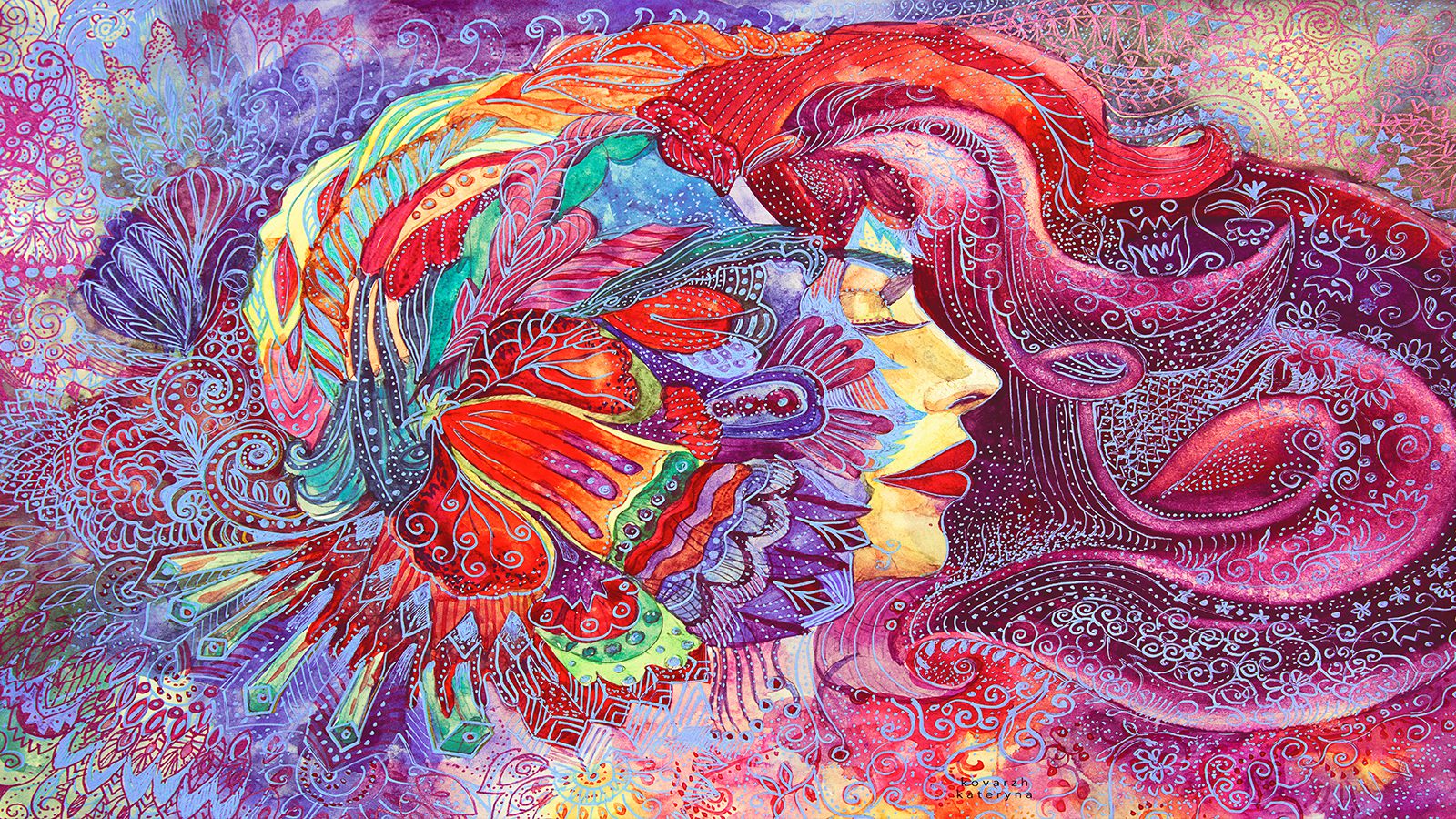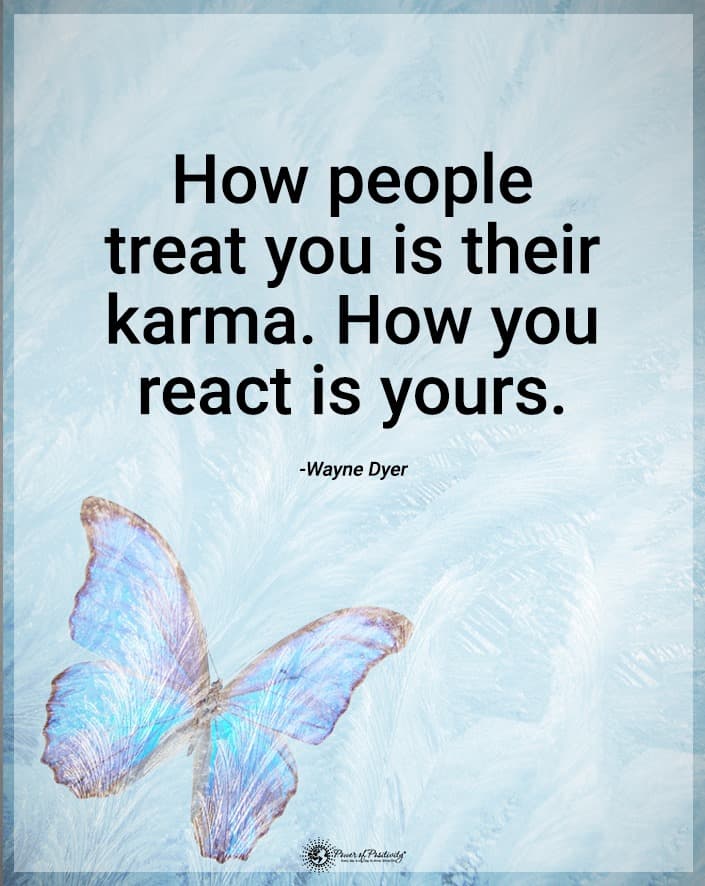Spiritual awakening often correlates with religion, which is why most people don’t even consider it. It’s easy to assume that this process is simply made up or that you must be religious to experience it. Since more people have moved away from organized spirituality, things such as spiritual awakening aren’t what people are interested in researching.
But whether you want to or not, you might experience it at some point. And it’s best to understand the stages to get something out of the process. Now, it’s fair to be skeptical when you hear about spirituality. Even though some things are rooted in science, some spirituality is faith-based. Belief is a big part of the concept, which is not bad.
That being said, this allows people to use spirituality to trick others. Let’s face it; everyone knows someone scammed by a witch or a palm reader. So, being anxious about believing another scam is more than understandable. But no need to worry when it comes to spiritual awakening.
This is the furthest thing from fake witches who claim they can predict your future. And it can be your first step towards better understanding your spiritual side. If you want to learn about spiritual awakening but don’t know where to start, here is a list of the seven stages you go through in this process.
What Is Spiritual Awakening?
Before getting to the stages, you must understand spirituality. This notion has existed for hundreds, if not thousands, of years. Most cultures and religions have their spin on the concept. You might have heard about it as “nirvana” or “enlightenment.” No matter what you call it, the aim is the same. It’s to transcend your present state, step away from your current life, and step back into it with a new purpose. All of this might seem a little hard to believe.
Mainly because the way most people explain the concept is pretty vague. But everything becomes much clearer when you look at the psychological explanations that support the process. Carl Jung, who is a well-known psychiatrist, has been the one who popularised spiritual awakening in Western countries. Before that, it was almost exclusively practiced in Eastern cultures. Jung explained that spiritual awakening is the process of coming back to the original Self.
Understanding the Self (Ego)
The concept of self has undergone some modifications as psychology evolved. However, Jung always refers to the union between consciousness and unconsciousness when writing about the Self. Also, in Jungian psychology, the Self represents the psyche. So, in Jung’s perspective, spiritual awakening is the process through which someone transcends their ego, which leads them to be reborn again.
Not everyone will experience a spiritual awakening throughout their life. The ego is a part of the human personality in all individuals. But getting too wrapped up and focused on the ego is easy. You’ll likely never experience a spiritual awakening if that’s the case.
Even if you aren’t obsessed with the ego, it’s still not a promise that you’ll go through this process, as it’s usually not something you can trigger. Instead, it’s triggered by big, life-changing events, such as life-threatening illnesses and accidents. And even then, it’s not always a given that you’ll go through all seven stages. Instead, you might experience one or a few of them.
The 7 Stages of Spiritual Awakening
Here are the seven steps to achieve greater spirituality.
1. The Catalyst to Your Spiritual Awakening
Also known as the awakening, this stage is the one that triggers the whole process. Even though everyone has their path and they might experience the stages in different orders, this one is integral. Without a reason to change your life, you won’t have any reason to introspect and honestly shift your perspective on life.
Not to mention that most people are just too comfortable with their routine and too scared to dive into the depths of their minds. So, they need to experience something so traumatic that it shakes their entire value system. But, of course, traumatic events are different for everyone. Sure, some events are likely to shake everyone to the core.
Accidents, sicknesses, and losing loved ones are likely catalysts for awakening. But some people even experience spirit visitations that make them reconsider everything. This might seem insane, but spirit visitations are nothing more than the projections of one’s subconscious. But, for some, they are so vivid and shocking that they trigger a spiritual awakening.
2. A Shift in Perception
This is the stage that is most likely to follow the catalyst stage. It’s when you begin to see things differently and ask yourself questions. In this stage, you have still not completely let go of your current self. But you are on the way to getting there. This stage is one that many people experience. Still, reaching that stage is not a promise that you will finish the journey.
For some people, this shift means that you hit rock bottom. In some cultures, this stage is named “the dark night of the soul.” The catalyst has triggered changes that make you feel so unstable that you begin going through an existential crisis. You’ll likely feel overwhelmed and depressed. But if you persevere, this will lead you further down the path of spiritual awakening.
3. Discovering a New Acceptance of Spirituality
The next stage is starting the journey of discovery. Some people call it the sponge stage because you are open to new ideas. Because you’ve gone through trauma and likely experienced the lowest of lows, you won’t care about holding on to your beliefs. Instead, you’ll find that you are open to all perspectives. Anything goes as long as you can gather knowledge.
When you start discovering the world, you won’t feel dread and depression anymore. Of course, you’re going through changes, so you’ll still be frightened. But you’ll also feel thrilled to expand your field of awareness and continue the journey of spiritual awakening.
4. Emergence of Self
At this point, you’ll have thousands of existential questions running through your mind and want answers for all of them. But you’ll also start to understand what you are going through and look at the world differently. And you will begin to connect to your true self.
The world isn’t about material possessions anymore. It’s more about the spiritual and emotional side as you start understanding how important it is to be true to yourself.
5. Soul Work
Some people reach the stage of soul work, but it can take decades to complete. It’s not uncommon for this to be the last stage people reach. For it to be completed, you must do a lot of work.
In this stage, you start building a structure and a new set of values to guide your life. You’ll want a routine nurturing your body, mind, and soul. But it’ll likely take years to be pleased with how you treat yourself. To be at peace with your soul, you must learn about yourself, so your inner self can thrive. This is when you grow and heal from any trauma you might be holding on to.
6. Surrendering to Your Newfound Spirituality
Most people struggle with surrendering the things they no longer need on their journey of spiritual awakening. Because we live in a material world, it can be almost unimaginable to disconnect from it and connect with your spiritual side, which is why most people don’t ever reach this stage. But the things that keep you connected to the material world aren’t just worldly possessions. They can also be people, old habits, or insecurities.
This stage is often described as shedding the last things that keep you shackled to the present. And, to complete it, you need to find a spiritual meaning that transcends the ego. Even though you need to let go of self-centered desires, this path is one you walk alone. But that doesn’t mean you’ll be lonely or sad. On the contrary, this is where you find happiness and confidence in your purpose.
7. Awareness of Your Full Spiritual Awakening
You’ll integrate your spiritual side with your physical being in this stage. Or, in other words, you are reintegrating with your soul so you can start living your true life. You’ll align with your highest self and reach a connected awareness. Instead of focusing on the differences between people, you’ll start to understand that everyone is intertwined and has their purpose in the world.
You’ll understand that the Universe is an entity in which you play a vital role. When you reach that realization, you’ll complete the journey of spiritual awakening. But because this is the end of your spiritual journey, it doesn’t mean that life will suddenly stop. It’s the opposite. That’s when your life truly starts. Sure, you’ll still have mundane issues and face hurdles. But you won’t let them bring you down because you’ll always focus on being true to your true purpose.
Final Thoughts on the Stages of Spiritual Awakening
Spiritual awakening is a life-altering journey. Whether you ever finish it, you’ll learn something from any stage you experience. And if you manage to finish it, it will open you up to an entirely new perception of fulfillment. Unfortunately, the catalysts of spiritual awakening can be everyday traumatic events that trigger a wave of introspection. But, in some cases, they are fascinating events that lead to increased spirituality that can be hard to believe.
Carl Jung’s catalyst was a dream that some would describe as psychedelic. But that’s just the first stage. After the trigger, you’ll experience a shift in perception. Some people will hit rock bottom and never get back up. But those who do start a journey of discovery, the emergence of self and soul work. Most people get stuck in the fifth stage and never finish the journey. But if you surrender, you’ll reach the final stage, awareness. And that’s when your life truly starts.



















